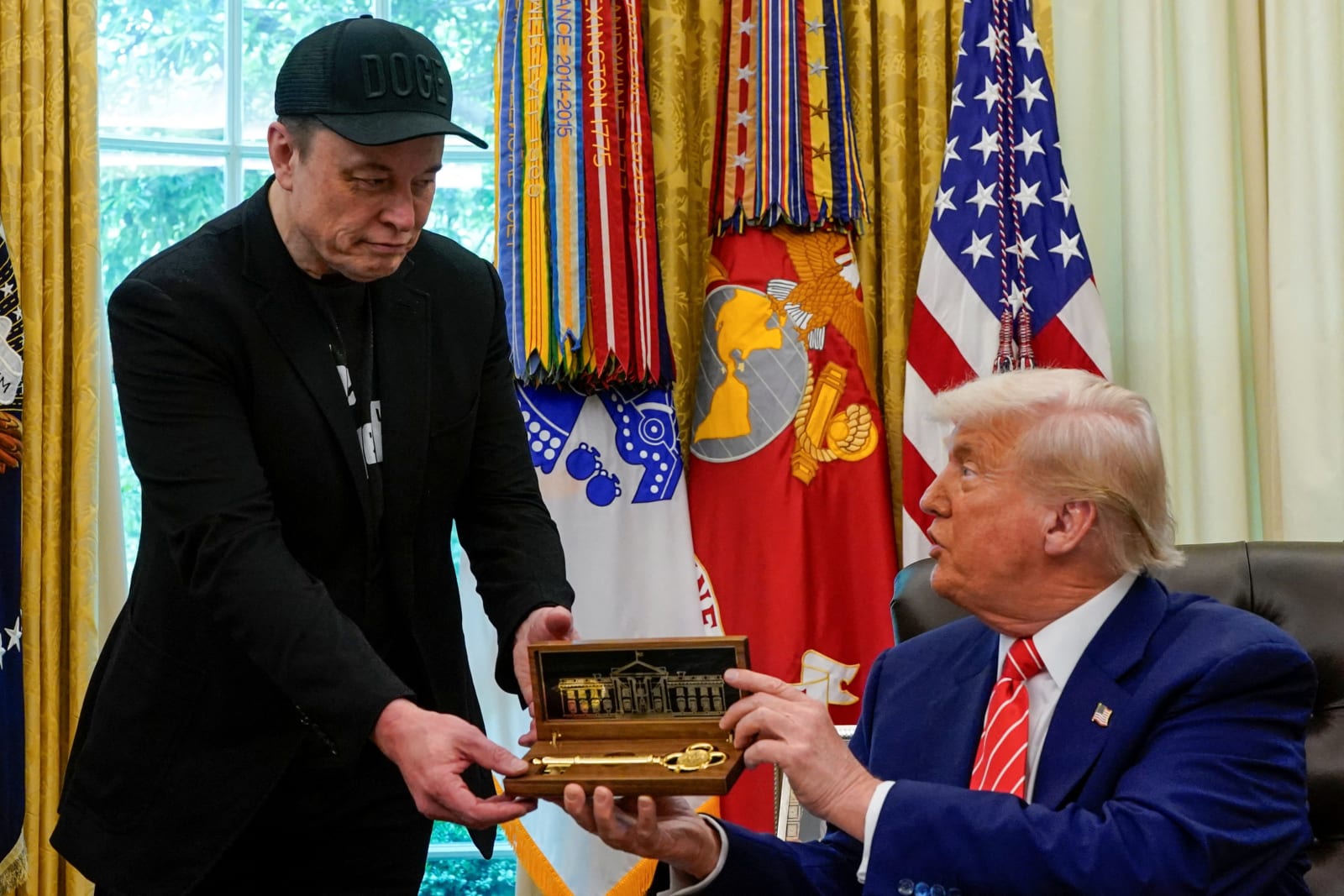The Trump Administration and the Controversial DOGE Account
The Trump administration has come under scrutiny after an official Department of Government Efficiency (DOGE) Veterans Affairs account sent a direct message to James Fishback, a prominent critic of tech billionaire Elon Musk. The incident has sparked concerns about the integrity of government communications and the potential misuse of official channels.
According to reports, Fishback, an anti-DEI investor who recently launched the FSD PAC — a super PAC aimed at countering Musk’s political influence — received a message from the official DOGE Veterans Affairs account on X. The message stated, “James – we need to talk. Your recent behavior has crossed some serious lines. That’s why we rejected your DOGE application in the first place. Let’s step your game up. This is embarrassing.”
Fishback was never directly employed by DOGE, but he advised far-right businessman Vivek Ramaswamy during his time on the task force. This connection has raised questions about the extent of his involvement with the program and whether his actions were seen as a threat to the administration’s agenda.
White House Response and Ongoing Investigation
The White House has responded to the incident by stating that the individual responsible for the message no longer works at the Veterans Affairs (VA) department. An investigation is currently underway to determine if there are any other personnel issues within DOGE.
A spokesperson for the White House, Harrison Fields, emphasized the administration’s commitment to its mission of reducing waste, fraud, and abuse. In a statement to Politico, he said, “The president’s mission is to make sure the goal of cutting waste fraud and abuse is successful and continues. The American people elected him to be a better steward of taxpayer dollars, and every agency and department is working seamlessly to execute the president’s campaign promise.”
Despite this, the controversy surrounding DOGE continues to grow. Musk, who played a key role in the creation of the program, had a dramatic falling out with the administration last month. He publicly criticized Trump’s recent tax cut mega bill, which was signed into law just weeks ago.
Musk’s Role and the Future of DOGE
Although Musk no longer serves as an adviser to the administration, DOGE and many of its original members continue to operate. However, the program has faced significant criticism for not delivering on its promises. Despite canceling numerous contracts and facilitating widespread public-sector layoffs, DOGE has not saved the federal government any significant amount of taxpayer money.
This lack of measurable impact has led to calls for greater oversight and accountability. Several high-profile investigations have been launched, including one into how $15 billion in NASA funding is being directed toward Musk’s companies. Reports have also highlighted unusual working conditions within DOGE, such as employees “shacking up” in federal buildings with sleep pods and even bringing family members.
Broader Implications and Public Reaction
The controversy surrounding DOGE has also drawn attention from both sides of the political spectrum. Some lawmakers have questioned the ethics of the program, while others have criticized the administration for its handling of government efficiency initiatives.
One notable case involved a MAGA voter who abandoned the GOP after being among the first to be fired by Trump. Another instance saw a Silicon Valley Democrat called out for missing a vote on Elon Musk, highlighting the growing tensions between political figures and tech leaders.
Additionally, former Rep. Liz Cheney (R-WY) recently criticized a Musk defender for downplaying the firings of VA suicide hotline staff, further underscoring the broader implications of the administration’s policies.
Conclusion
As the investigation into the DOGE Veterans Affairs account continues, the incident raises important questions about the use of government resources and the potential for political bias in official communications. With ongoing scrutiny and public debate, the future of DOGE remains uncertain, and its impact on federal spending and government operations will likely remain a topic of intense discussion.







